Hemp face masks are safe for you and our planet – here’s why!
Today, I’m sharing my Hemp face mask with you that is safe for you and the planet. All the sewing elements used are 100% biodegradable. This design uses Hemp fabric, Certified Organic Cotton & Hemp, Organic Cotton Batting, wooden pony beads, and a natural elastic string made from the Hemp jersey fabric for both ear loops and neck lanyards. This mask is subtle, soft, and luxurious to wear and made with love for you and our planet! It’s easy to sew and whips up quickly! Let’s first talk about the environmental impact that COVID-19 has put on earth.
The ecological impact face masks have on our planet.
Think about it, with nearly 7.82 billion people on our beautiful planet; nearly 26% of them are under 15, with 9% of them over 65. In the USA specifically, 18% are under age 15, while 17% are over age 65. The USA has 342 million Americans with a median age of 38.5 years old. Mostly all of them must wear a face mask at work, while shopping, in public, and traveling.
Most choose to wear the plastic ones you can buy over the counter that contain plastic/polyurethane and other harsh and harmful byproducts and chemicals. It’s confirmed that 90% of the population prefers these disposable masks when in public. They use three layers of plastic, including polypropylene and a strip of metal, to pinch the mask to your nose. This is not a sustainable choice for our planet.
“It has been calculated that over one year, the amount of non-recyclable plastic mask waste generated in the UK will be equivalent to five-and-a-half Eiffel Towers. This fact should astonish you and scare you too. “This is seriously problematic because, notwithstanding the immediate health danger they pose, non-reusable masks made out of plastics like polypropylene will take around 450 years to biodegrade.” -Read the full study by Melanie Desert from the Environmental Journal.
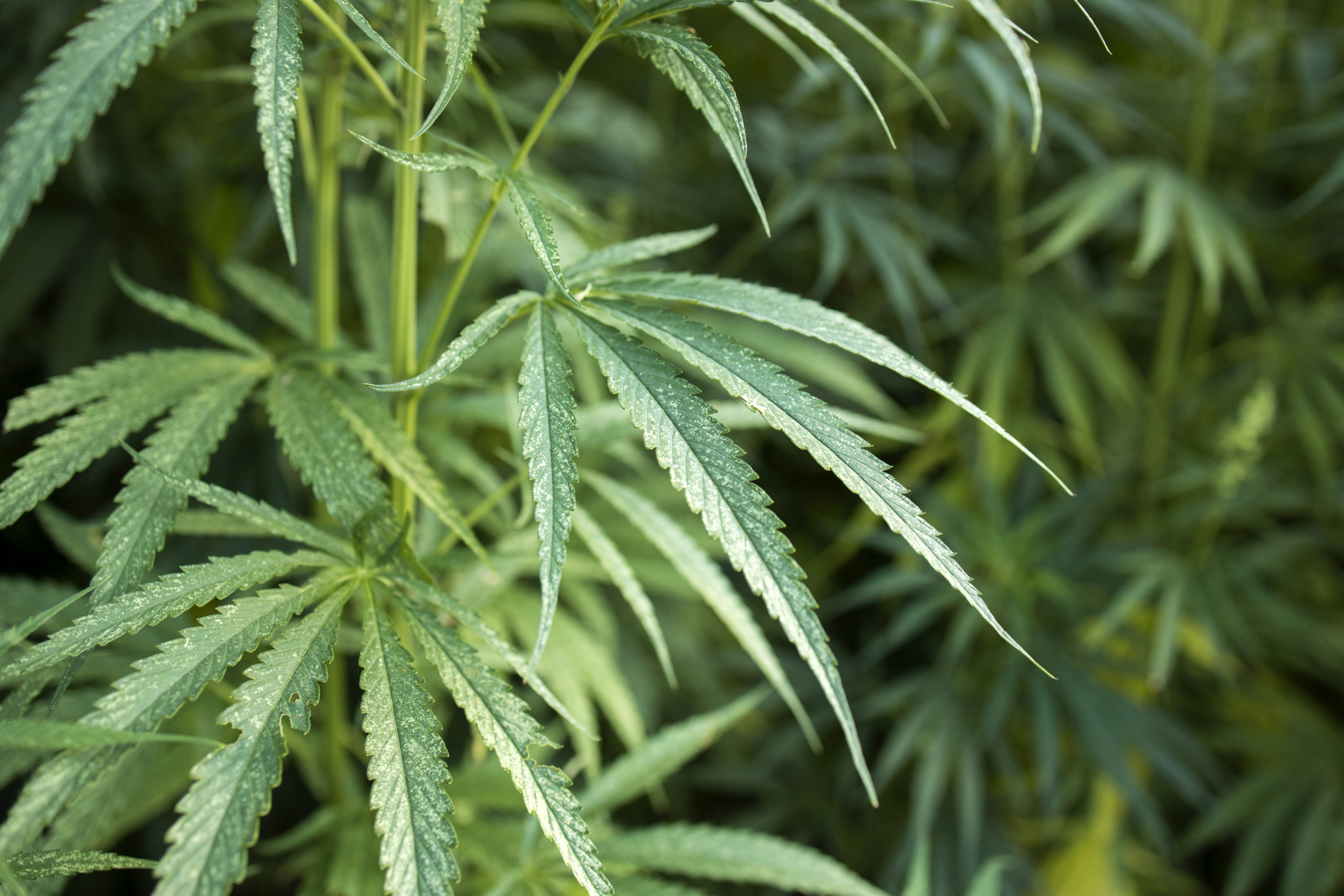
Are fabric masks eco-friendly?
While many of us have homemade fabric face masks, many are of various sorts of textiles/fabrics, natural wovens, and synthetics, and some are blends of both. While those handmade ones may be more eco-friendly than those plastic planet-killing ones you buy over the counter – not all of them are made to breakdown and be 100% biodegradable. Many of those textiles have been farmed with harmful chemicals and fertilizers – and then you wonder why your face is breaking out from that new cotton face mask you just bought? Right?
You’d be surprised to know the environmental impact of traditionally grown cotton and the long list of extremely harmful chemicals used in the process, including the dying of those pretty motifs! In my videos/blogs, I always state, “please wash all your fabrics before you cut anything!” But sadly, washing will not remove what has been farm grown into the textiles at the source. Certified Organic Cotton is the only cotton that is 100% eco-friendly and grown with a conscience – but there is another more sustainable option.
First, let’s get back to the 7.84 billion people worldwide wearing handmade face masks just like you. Ok, so you have a few handmade cotton masks that are reusable, great good job! But wait! When that mask is worn-out, what do you do with it?
Is that mask ethically gifted to a thrift store or used to make anything else, or do you recycle it? The answer is evident for most, into the trash it goes! You’re not going to recycle a personal item like a face mask (mainly due to COVID-19); that would be like donating your underwear, for goodness sake who would do that? Now that you realize this – what can we do about it? What should we do about it? I have one glorious word for you. Hemp.
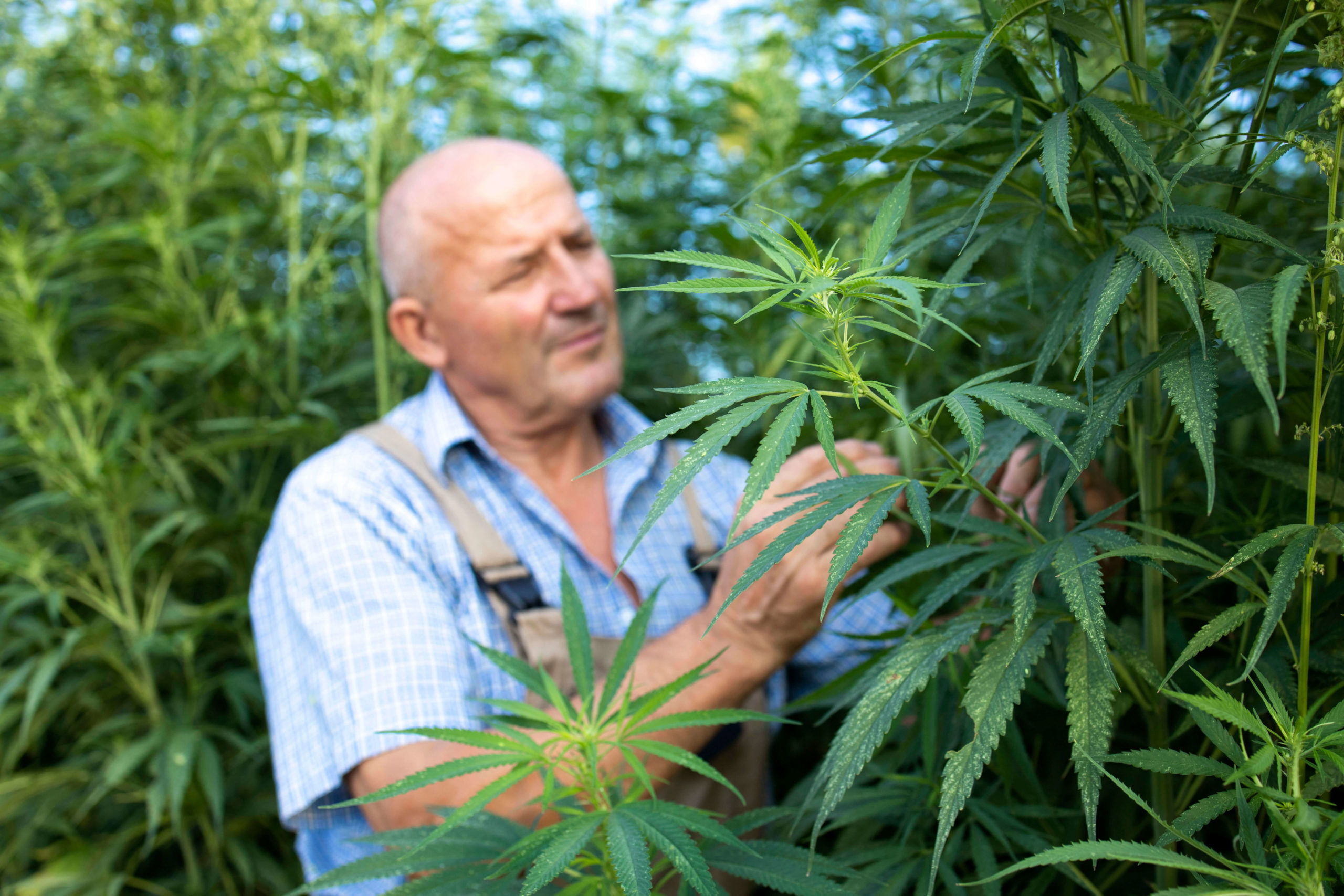
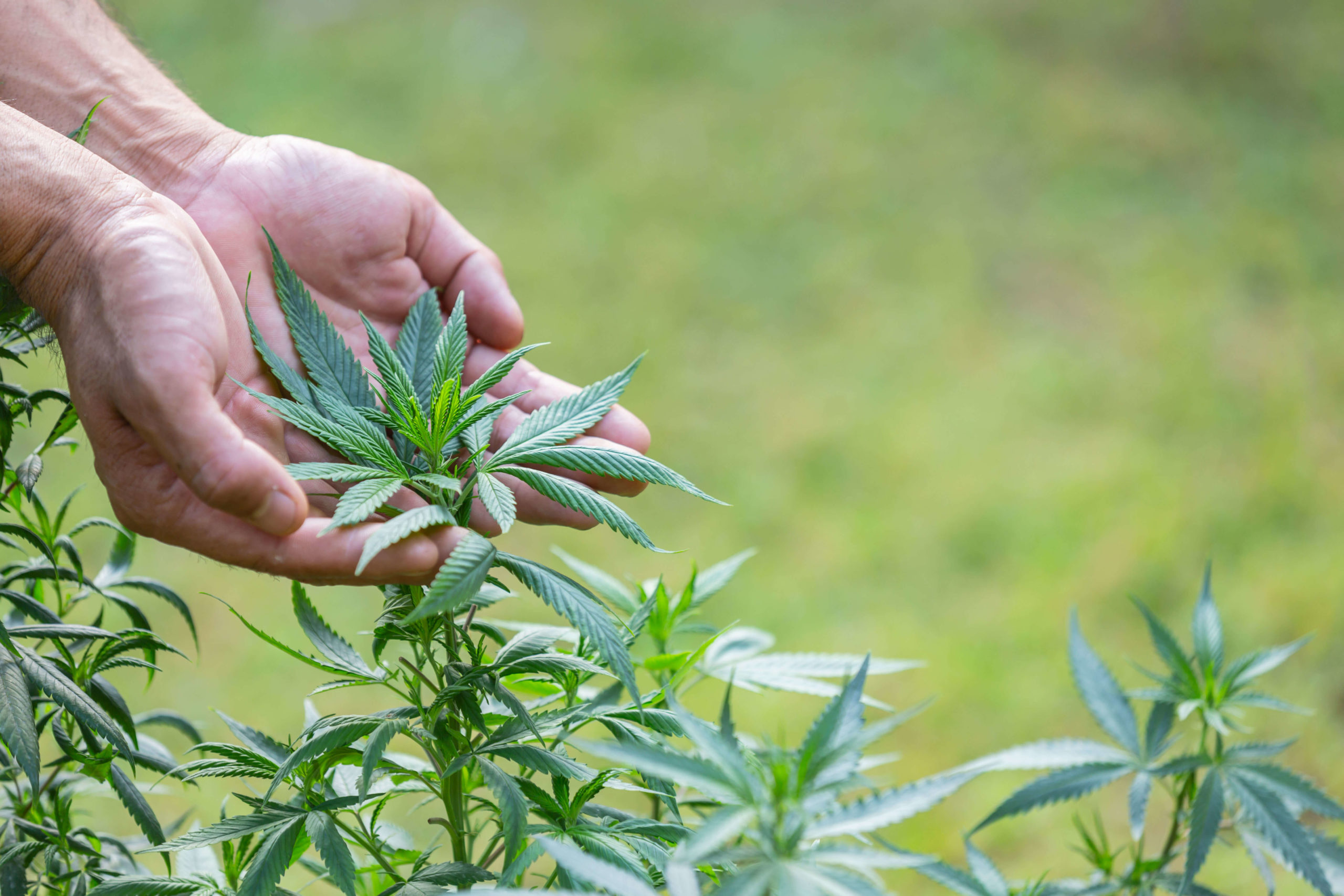
Hemp is a dream textile.
Hemp is a breathable fabric, meaning that it doesn’t hold moisture. Hemp also hinders the growth of mold and mildew, helping to keep it odorless. Cotton isn’t all that bad for breathability either, but Hemp is far superior.
Hemp is strong, grows more quickly than almost any other plant, and produces 250 percent more fibers than cotton when grown on the same land. It also requires about half the water to grow over cotton. One single cotton T-shirt uses 2700 liters of water to grow the cotton used to make it – for only one T-shirt!
The hemp fabric lasts longer and doesn’t wear out as quickly as cotton does. Hemp has three times more tensile and flexible strength than cotton, holding its shape time and again and becomes softer after each wear and wash. Hemp is a far more premium fabric.
Hemp fabric is incredibly soft on the skin and is known for growing softer with each wear and wash. Hemp is practical and a far more substantial textile, as it lasts longer than cotton.
Why don’t we use more Hemp? Hemp was banned in the US for 79 years with the 1937 Marijuana act. It’s only been recent that Hemp is now permitted to be grown and farmed in the USA. Read more here.
Sewing facts:
Betsy Ross made the first American flag out of hemp!
Levi’s jean’s first mock-up was made of hemp!
Sewing Hemp face masks for the love of our planet!
It’s been nearly a year since the restrictions of COVID-19 began, and now officials are asking us to double up and wear 2 or 3 face masks! The non-biodegradable waste from this epidemic is a global problem, that if we are not careful, could become a travesty equal to the pandemic. I’m hoping this video/blog is the beginning of a movement towards a solution that collectively we can begin!
To get your PDF download pattern or paper pattern for the new hemp masks, click here! To buy a sustainable hemp face mask, with filters please visit my shop here.

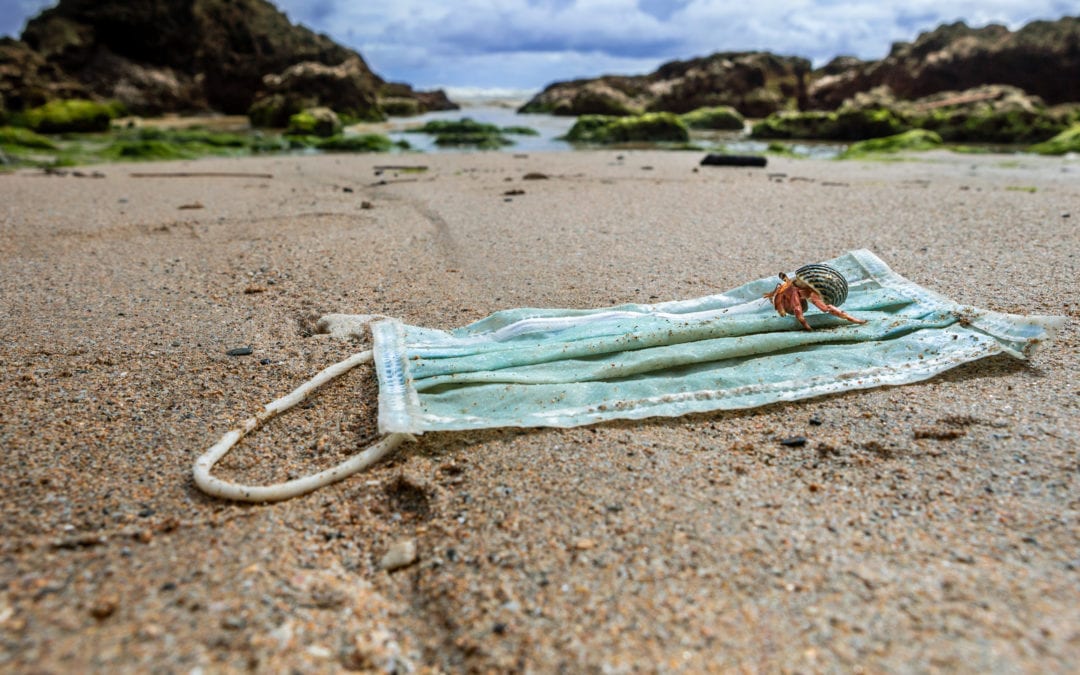
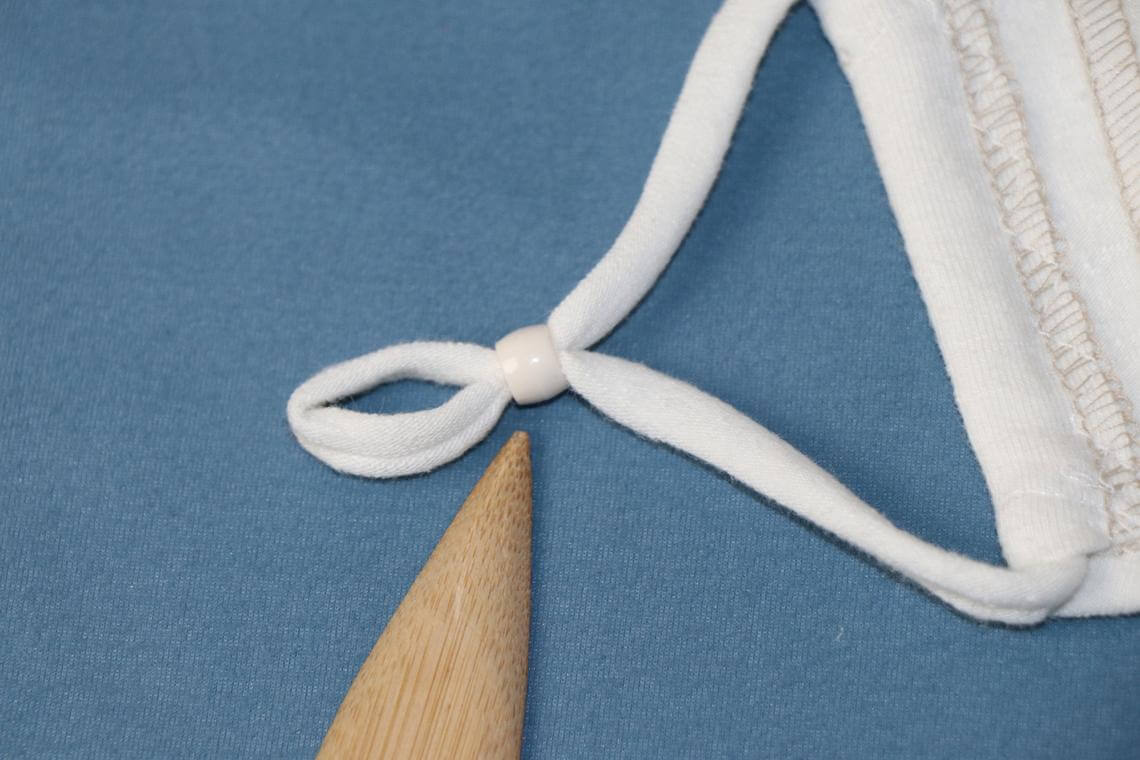
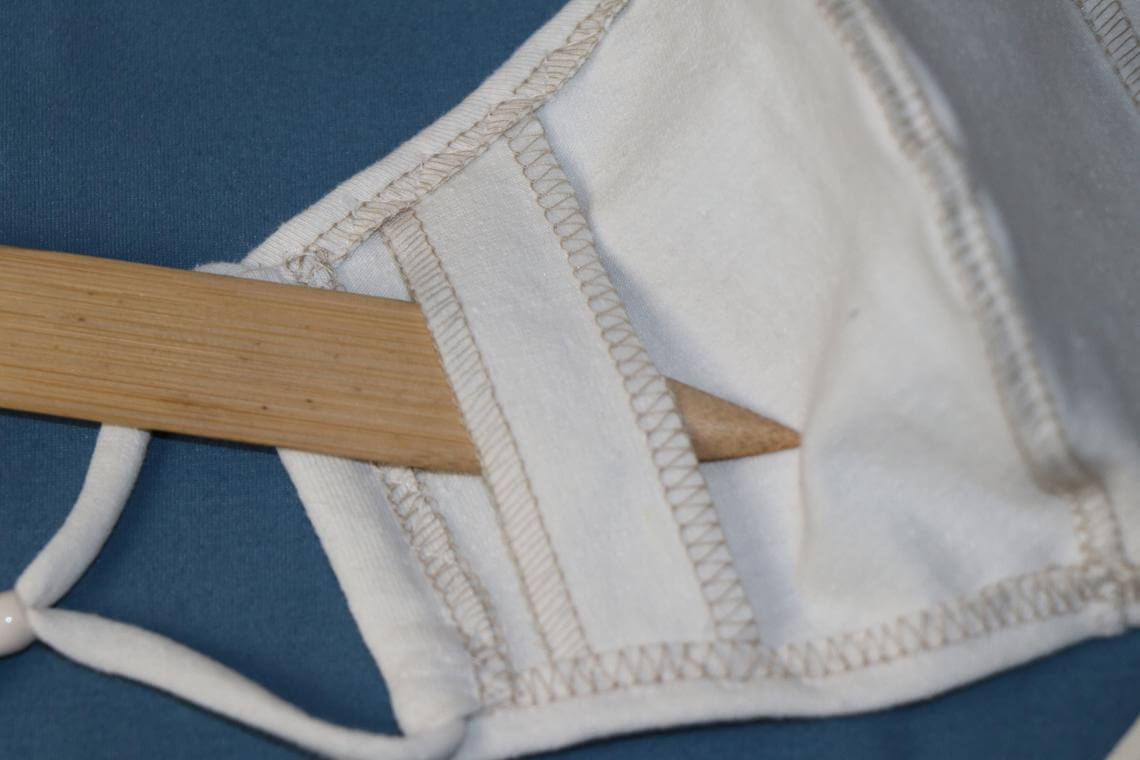
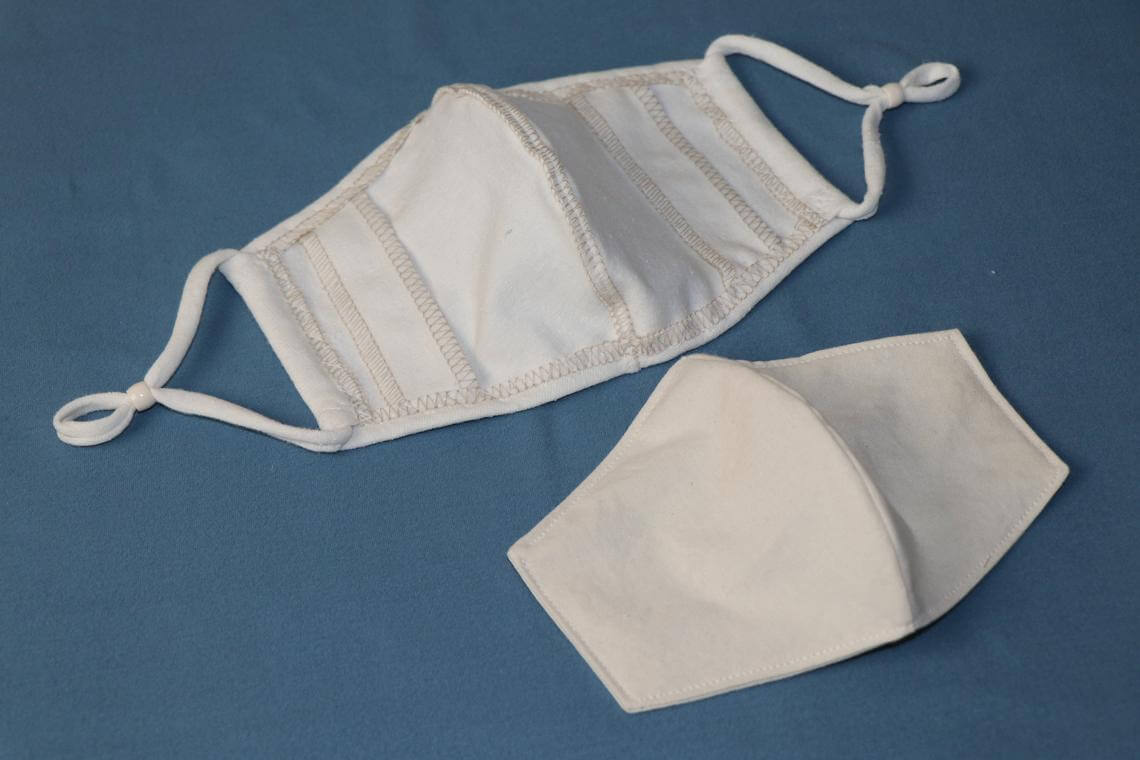
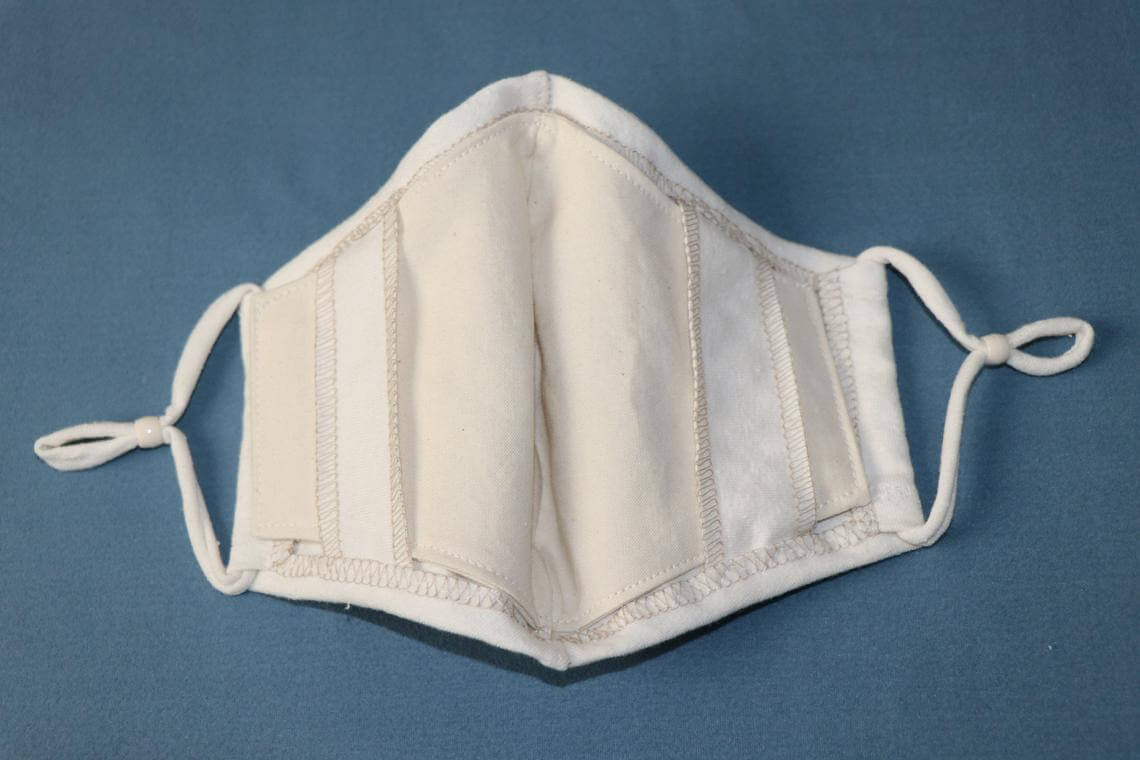

Recent Comments